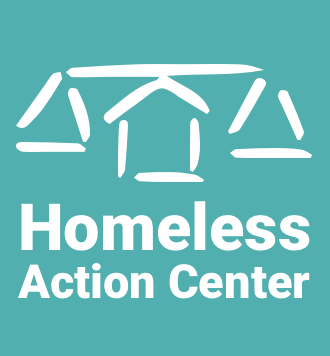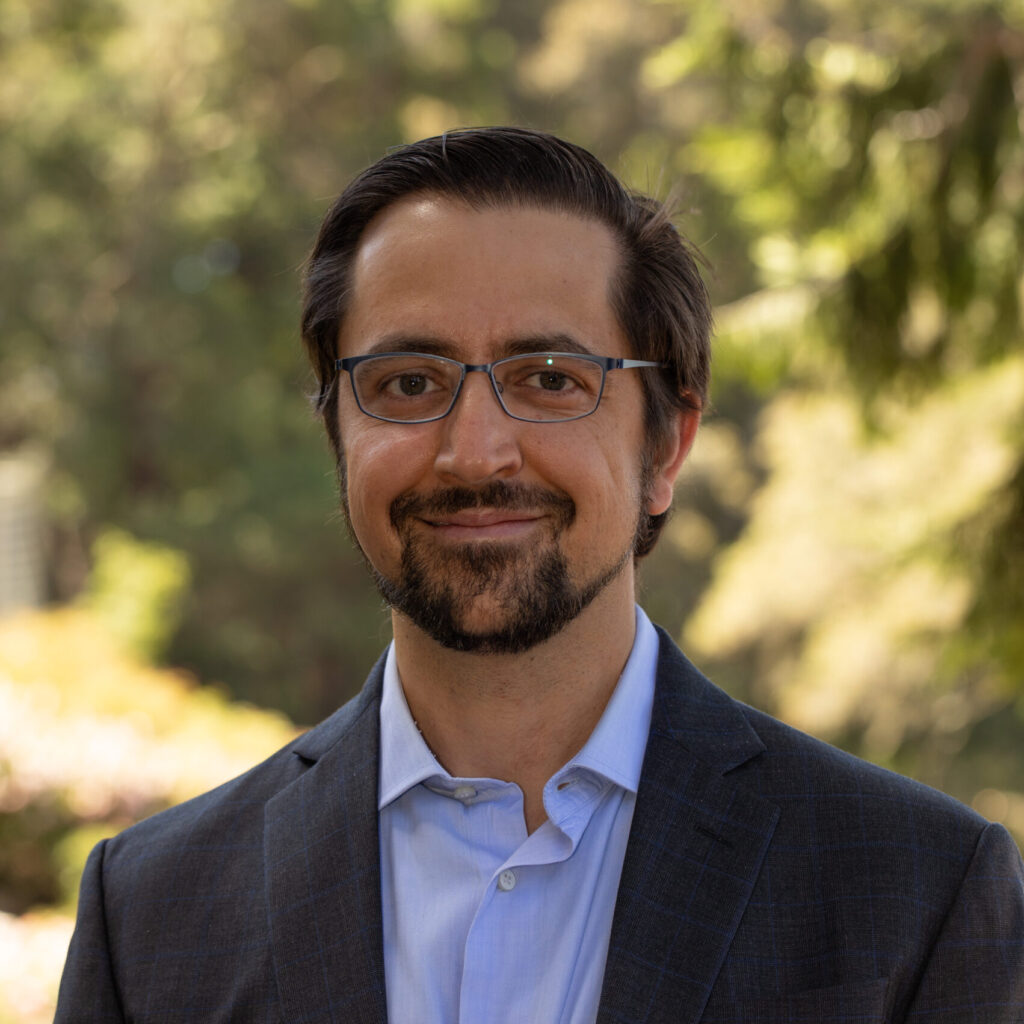By Armen Zohrabian, HAC Board of Directors Chair
When I first arrived in Berkeley in the summer of 1999 ahead of my first year of law school, I was so aghast at the cost of rents in Berkeley and Oakland that it took me well into my initial semester to find an apartment. As it turned out, the spot I found was not too far away from the future home of the Homeless Action Center’s Berkeley office, nestled between the East Bay Community Law Center (EBCLC) and The Long Haul.
After graduating, I worked at two defense firms. My favorite part of those early years was my pro bono practice at Orrick. I represented an asylum seeker in immigration, as well as two inmates at their parole hearings who were imprisoned with an indeterminate sentence of life with the possibility of parole. Those days I lived with a couple of roommates in San Francisco in a former Pilates studio that we converted into lofts and an art gallery we dubbed Studio 222. One of my roommates, Jack Jackson, who had interned at HAC one summer, was on HAC’s board and encouraged me to apply. Thankfully I obliged.
In 1999, HAC had already been providing barrier-free legal services to unhoused and low-income residents of Alameda County for nine years. Then, as now, HAC represented homeless and low-income clients to help them secure federal and state benefits, including Supplemental Security Income and Social Security Disability Insurance. Administered by the Social Security Administration, SSI and SSDI provide income to the elderly, blind, or those with a disabling physical or mental impairment.
But accessing such benefits is difficult and time consuming, particularly for those most in need. From the initial application stage through administrative hearings and appeals, HAC works closely with its clients to apply for and obtain crucial public benefits. Between application and potential appeals, applicants can wait longer than two years for benefits. To make the long wait less painful, HAC helps clients secure food, shelter, and medical treatment.
The Increase in Need for HAC’s Services
As rent and housing costs have skyrocketed in the Bay Area in tandem with the number of our homeless neighbors, so have the needs for HAC’s services. At its creation in 1990, HAC had one attorney and one advocate, and was a small project inside the Berkeley Community Law Center, now known as EBCLC. During the early aughts, HAC had fewer than ten employees and a yearly budget well under $500,000, yet that small staff and a cadre of volunteers served several hundred clients a year.
Two of the handful of employees who were working at HAC then – Executive Director, Pattie Wall, and then Projects Manager, Zena Sherman – are still here, having guided the organization for more than 25 years. Today, HAC has grown to 90-plus employees, has a yearly budget that’s nearly $13 million, and serves more than 1,800 clients a year, almost one out of every five of Alameda County’s estimated 10,000 unhoused residents.
While HAC has grown and developed as an organization, it has maintained its mission to provide representation at no cost to those who are homeless or at risk of homelessness, aiming to help its clients overcome obstacles to safety net services that offer financial stability, access to health care, and increased options for housing. HAC’s mission and values have informed its work as the demographics of the unhoused have changed.
Aiming to help our clients overcome obstacles to safety net services.
As HAC’s clients have aged alongside an aging homeless population, HAC has focused on assisting seniors, including through the Homeless Elders Project which has helped move unhoused seniors from the streets to permanent housing. As a significant percentage of the homeless enter homelessness from jail and prison, HAC has been providing benefits advocacy to disabled people prior to release from Santa Rita Jail. And beginning last year, HAC opened Almost Home, a Safe Haven house that provides supportive, transitional housing for some of HAC’s most vulnerable clients.
There is an ethos that HAC cultivates, nourished by its work and nurtured throughout the organization: a vision for a society where all are treated with dignity and respect and basic needs such as housing and health care are recognized as both individual rights and community obligations. As the Chair of the HAC board of directors, it’s an honor and a lesson to witness that ethos made concrete through the respect and dignity with which HAC serves its clients and carries out its mission.

